Car Service Satisfaction Survey

A Car Service Satisfaction Survey should be structured comprehensively to ensure it captures all relevant aspects of the customer's experience. The survey should be easy to navigate, using a mix of rating scales (e.g., Likert scales), multiple-choice questions, and open-ended questions to allow for detailed feedback. It is also advisable to express gratitude for the respondents’ time and input at the conclusion of the survey.
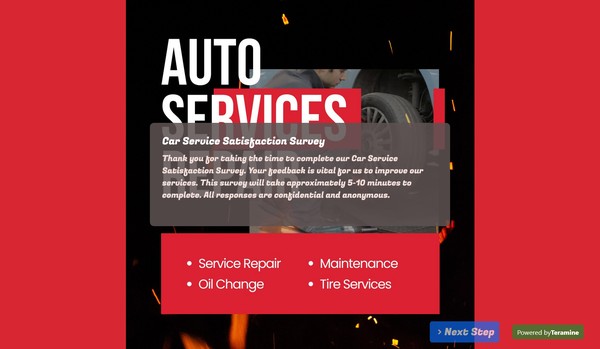
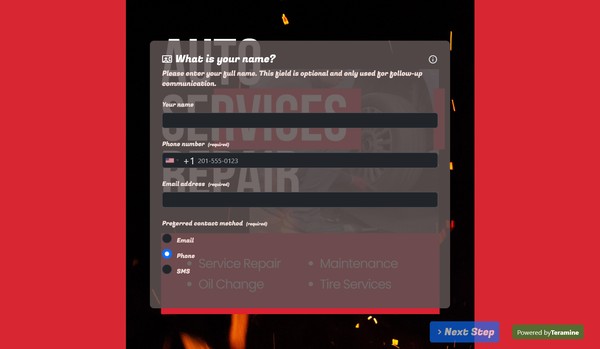
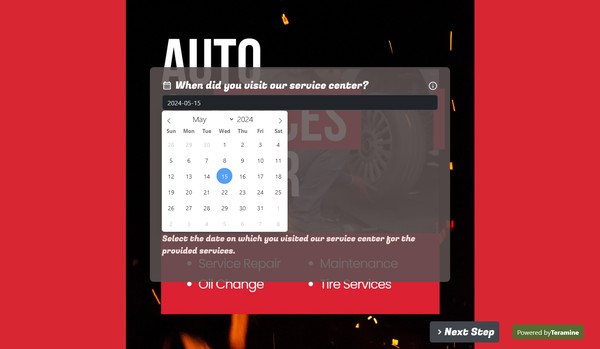
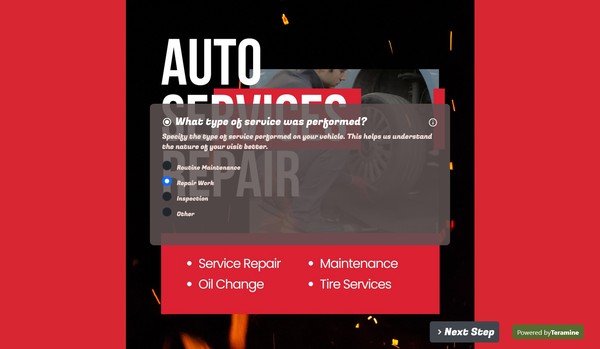
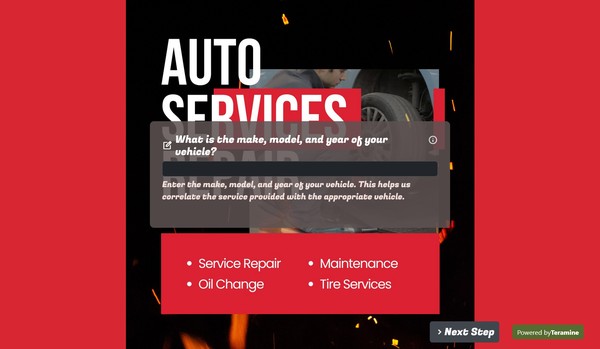
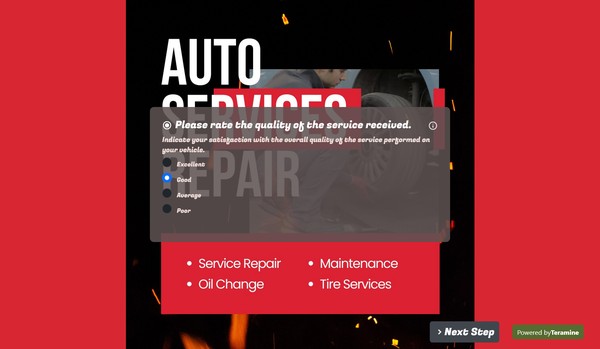
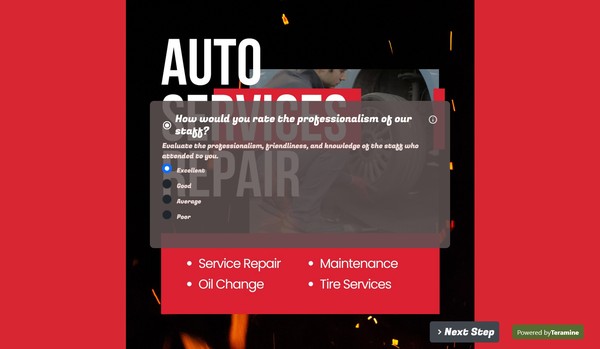
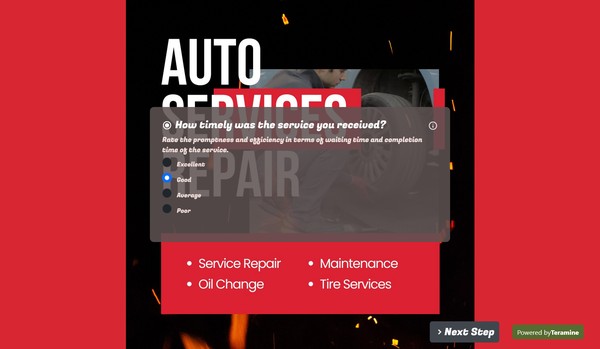
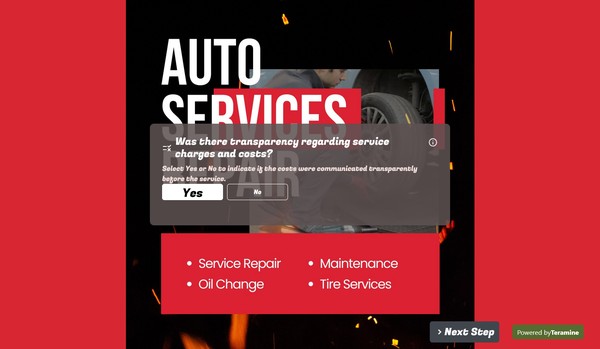
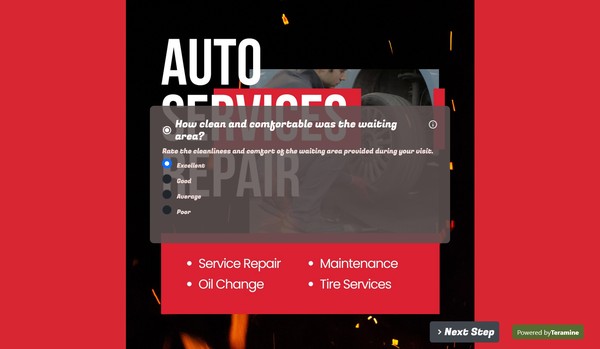
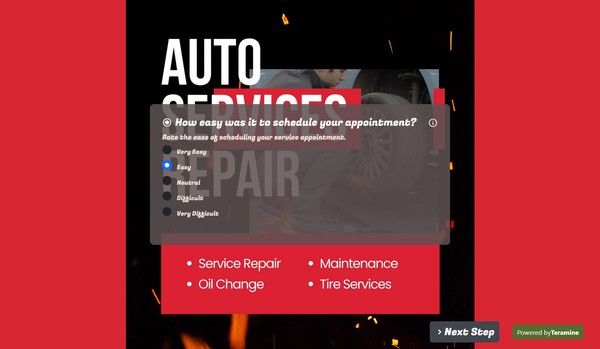
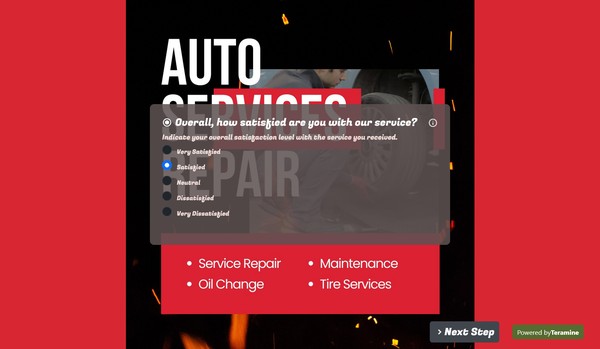
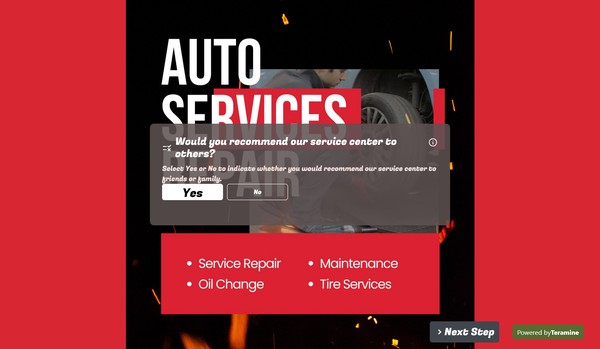
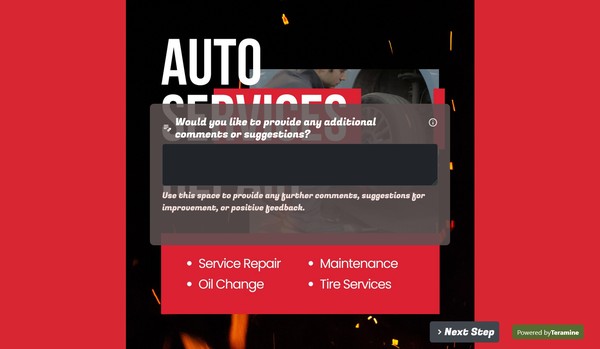
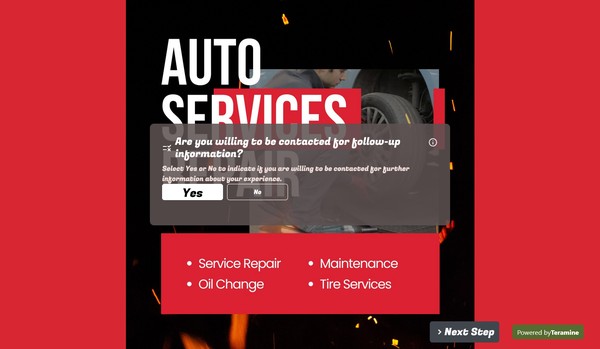
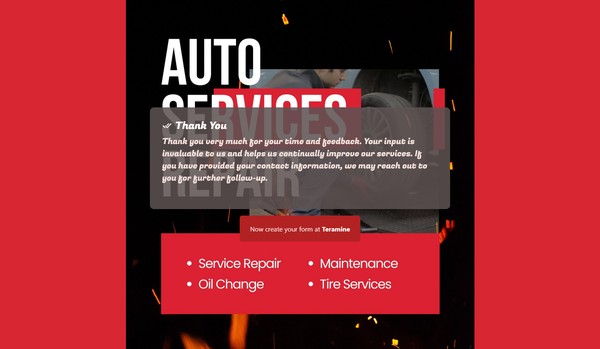
Car Service Satisfaction Survey FAQs
A Car Service Satisfaction Survey is a structured questionnaire designed to gather feedback from customers regarding their experiences with a car service provider. This survey typically encompasses various aspects of the service, including customer service quality, timeliness, vehicle maintenance, ease of booking, pricing, and overall satisfaction with the service received.
The purpose of the survey is to identify strengths and areas for improvement, allowing the service provider to enhance their offerings and foster customer loyalty. By analyzing the responses, businesses can tailor their services to better meet customer expectations and improve overall operational efficiency.
Implementing such surveys is a key component of a customer satisfaction strategy, and the insights gained can help drive decision-making and ultimately lead to increased customer retention and competitive advantage in the market.
A comprehensive Car Service Satisfaction Survey should include various elements to effectively gauge customer experience and identify areas for improvement. Below are key components to include:
Introduction
- Brief explanation of the survey’s purpose.
- Assurance of anonymity and confidentiality of responses.
- Estimated time to complete the survey.
Customer Information (Optional)
- Name (optional)
- Contact information (optional)
- Vehicle make and model (optional)
Service Evaluation
- Service Type: What type of service did you receive? (e.g., oil change, tire rotation, repair)
- Service Date: When did you have the service performed?
- Appointment Scheduling: How easy was it to schedule your appointment? (Scale: Very Easy to Very Difficult)
- Wait Time: How would you rate the wait time for your service? (Scale: Excellent to Poor)
Staff Interaction
- Professionalism: How would you rate the professionalism of the staff? (Scale: Excellent to Poor)
- Knowledge: How knowledgeable did you find the staff regarding your vehicle and service needs? (Scale: Very Knowledgeable to Not Knowledgeable at All)
- Communication: How clearly did the staff communicate the services performed? (Scale: Very Clear to Not Clear)
Service Quality
- Overall Satisfaction: Overall, how satisfied are you with the service you received? (Scale: Very Satisfied to Very Dissatisfied)
- Quality of Work: How would you rate the quality of the service performed? (Scale: Excellent to Poor)
- Follow-up Service: Was there any follow-up after your service appointment? (Yes/No)
Value for Money
- How would you rate the value for money of the service received? (Scale: Excellent to Poor)
Likelihood to Recommend
- How likely are you to recommend our services to friends or family? (Scale: Very Likely to Not Likely)
Suggestions for Improvement
- Open-ended question: What can we do to improve our service?
Additional Comments
- Open-ended question: Any other comments or feedback?
Closing
- Thank you message for participating in the survey.
- Optional: Incentive for completion (e.g., discount on future services).
By incorporating these elements, the survey can yield actionable insights to enhance the customer experience and service delivery.
Using a Car Service Satisfaction Survey presents several strategic advantages for your business. Here are a few key reasons to consider implementing such a survey:
Customer Feedback: Collecting feedback allows you to gain insights into your customers' experiences and satisfaction levels. Understanding their perspectives can provide valuable information for improving service quality.
Identifying Strengths and Weaknesses: The survey can help identify what aspects of your car service are performing well and which areas may require enhancement. This targeted approach allows for more efficient and effective improvements.
Enhancing Customer Loyalty: Demonstrating that you value customer opinions can foster loyalty. When customers feel heard and see their feedback being acted upon, they are more likely to return and recommend your service to others.
Performance Metrics: Regularly conducting satisfaction surveys provides quantifiable data that can be analyzed over time. This can help track performance metrics and benchmarks, informing strategic decisions.
Competitive Advantage: In a competitive industry, being attuned to customer satisfaction can differentiate your service from others. A commitment to continuous improvement based on customer input can enhance your reputation and attract more business.
Customizable Insights: Surveys can be tailored to cover specific aspects of your service, whether it's the booking process, customer service, or vehicle quality. This specificity helps you gather actionable insights relevant to your objectives.
Market Trends: Analyzing survey responses can expose emerging trends in customer preferences and expectations, enabling your business to adapt proactively to changing market dynamics.
By utilizing a Car Service Satisfaction Survey, your business can position itself for improved service delivery, customer retention, and overall success.
Yes. We take the security of your data very seriously. We have built our application in compliance with the latest security standards. Your data is locked down with access allowed only after strict security checks. In addition, we use the latest SSL encryption standards to protect your data in transit from our servers to your device. You can also protect your forms by using our captcha widgets to prevent spam.'














